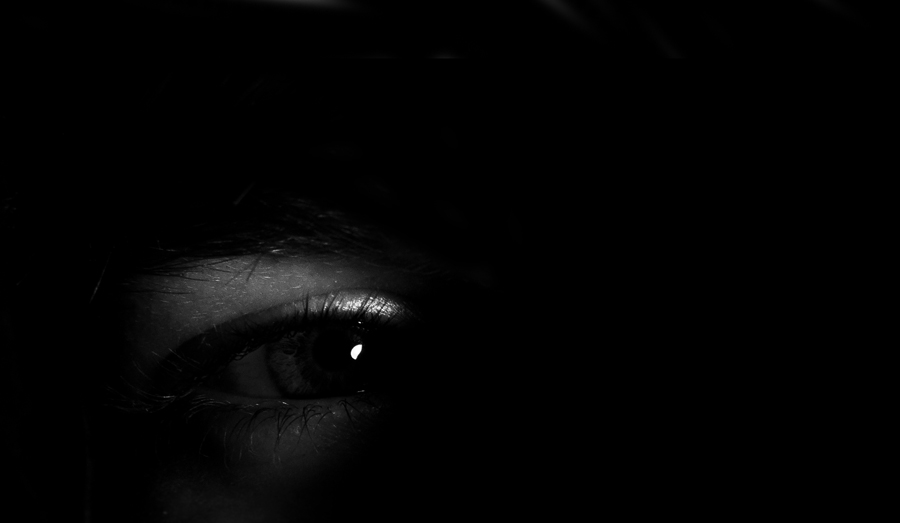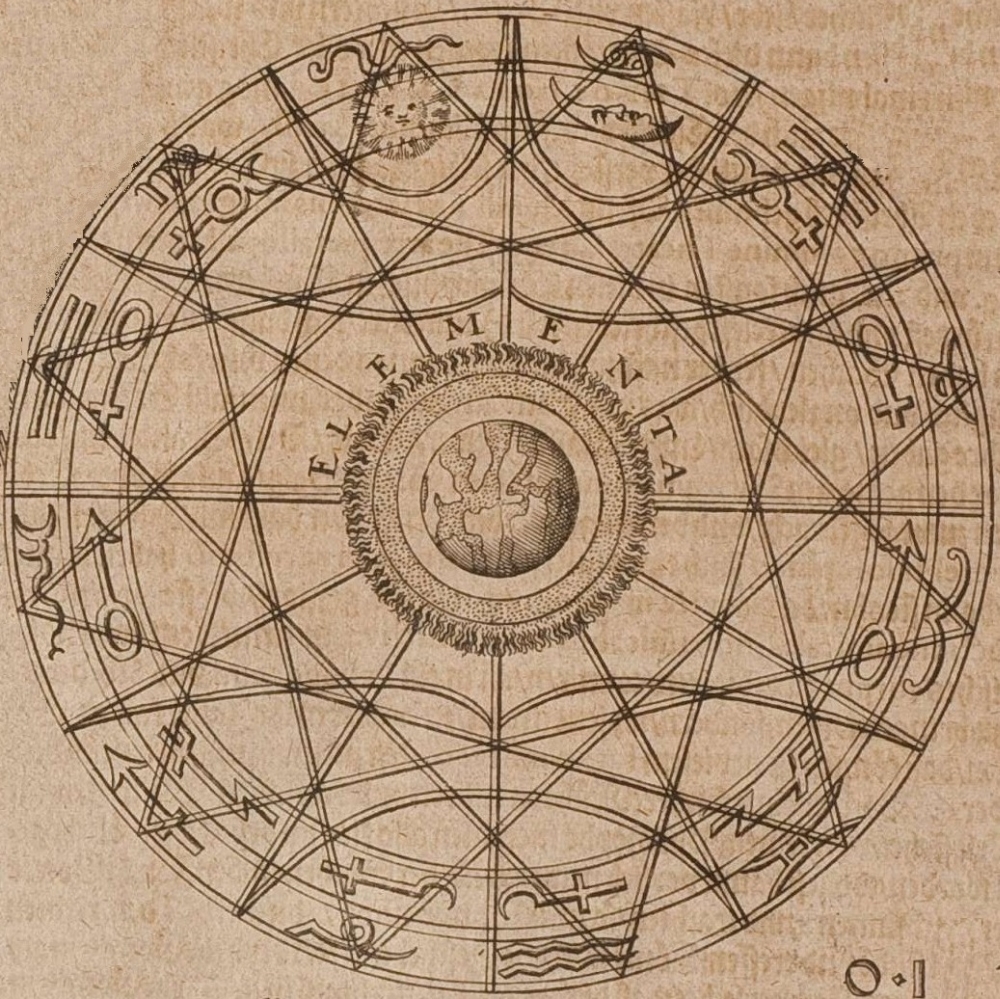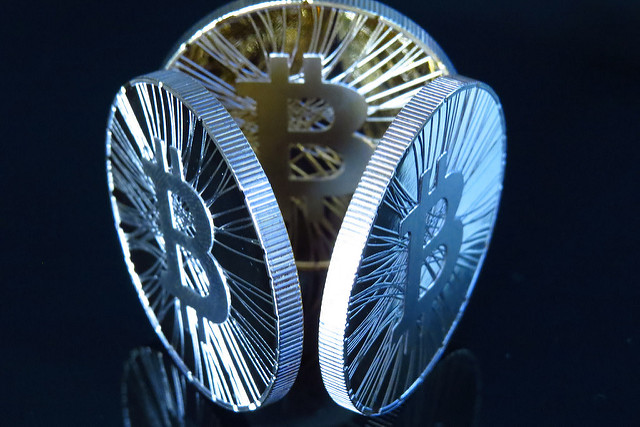Japan is a great country, with a rich culture, kind and truly thoughtful people, beautiful nature and the list can go on forever. But, as all countries do, Japan also has a dark side. There is no perfect country, because if there was, every country would follow in that example.
So this post is not intended to criticize, or hate on Japan. I love this country and it’s people, and that’s why I choose to live here. I empathize with the Japanese people deeply in regards to the topic of this post, and I only wish for the best for the people living in this country, of whom I’ve come to love and admire greatly.
Japan is a collectivist society, and a shame culture. A collectivist society is one which emphasizes group harmony and goals over individual desires or needs. Western cultures operate more on individualism, which emphasizes the self, and the self’s goals, desires and happiness. The important thing to note is that neither of these is better than the other, neither is right nor wrong. They are just different sides of the same coin.
A shame culture is one where shame is inflicted upon those who behave in a culturally unacceptable way in order to control and maintain social structure. The combination of the collectivist culture, and the shame culture can create a dangerous combination, leading to consequences in the emotional well-being of the individual.
In Japan, there is a famous saying “The nail that sticks up gets hammered down”. This phrase really reveals and sums up the harmful essence of the combination of the collectivist society and the shame culture. It means that you must fit in and do as everyone else (as in collectivism), or you will be punished (with shame).
Let me get into some specific observations I’ve made about the collectivist/shame culture, and how it affects Japanese society.
Here in Japan, people seem to be very conscious and concerned about what others may be thinking about them. This is because of the huge pressure to blend in, conform and be the same. It is a large source of discomfort for Japanese people to be behaving differently than other people, especially in public. This is because it triggers a shame response. This constant preoccupation – of how one is being perceived but others – in itself is a huge source of anxiety, which I won’t even get into in this post.
When I’m in public here in Japan, I get a feeling that I need to restrict my public behavior to match everyone else’s behavior. When I’m doing something out of place, I feel this sort of uncomfortable vibe, like everyone is silently watching me and judging me for acting differently.
I notice that this perceived judging triggers a shame response in me, which immediately causes me to want to correct my behavior. I’m pretty sensitive to these kinds of vibes (read about clairsentience here), so I learned very quickly that I need to really pay attention to how others are acting when I’m out in public.
Shame is also connected to the “uchi” (内, inside) and “soto” (外, outside) culture in Japan, but I won’t get into these in detail here. Japanese people act very differently when they are in public, versus in a more private setting, such as the home. Because of the shame culture, many Japanese people hold a lot of repressed shame about who they are individually, so naturally, they will normally only show those closest to them who they really are.
This is one reason why a lot of Japanese people are hesitant to invite others into their home. Someone inviting you into their home is like an act of vulnerability, because the home is where someone is most free to be themselves. A home can tell you a lot about the kind of person who is living there. Someone with a lot of shame isn’t comfortable in showing people who they really are. It’s more comfortable for them to put on a ‘mask’ to show others in public that they are an acceptable member of society.
How does this collectivist/shame culture really affect people on an individual level?
The true damage is really done in the individual’s childhood years. We are most vulnerable and open to everything around us in these years. Children are like sponges which absorb everything around them, and the subconscious mind records and remembers all that has ever been experienced. Painful childhood experiences and the messages we receive about ourselves are what teach us to close off and protect ourselves emotionally as adolescents and adults.
Imagine a young boy who feels different from others, for whatever reason. Maybe the other boys like to play with trucks, and they talk a lot, while this boy is quiet and likes to dance, and play with more ‘feminine’ toys. *Note: This is just an arbitrary example, not something that specifically happens in Japan.
The message that the collectivist/shame culture might send to this boy, is that they are not okay to be the way they are, that they have to change themselves in order to gain love and acceptance of those around them. If this boy does not change and behave like the other boys, he is faced with the threat of ostracism. None of this will be directly said to him, most likely. No one is going to tell the young boy that he isn’t normal and that he has to change (perhaps other than other boys his age). But this is the subconscious message that he will pick up from the cues given by the his family, school or peers.
The boy is effectively programmed into following this message through the use of shame, whenever he acts in a way that is not socially desirable. As the boy grows up, there is a lot of repressed shame about who he really is. There is a lack of self love and acceptance because the shame taught him that he is not okay as he is, and must act differently in order to be loved and accepted.
Thus, shame taught the child to seek love and acceptance externally by acting in this socially accepted way. This poor child will most likely grow up with a lot of emotional discomfort caused by the repressed shame. This can manifest addictions (sexual addictions are very common in Japan) and/or emotional and mental problems, as a way to cover up and cope with the emotional pain.
This boy grows up with significant emotional baggage, and is no longer the same vibrant, happy child he once was, when he was able to express himself freely. He is no longer ‘genki’ (read about the meaning of ‘Genki’ here).
…
I admire that Japan values group harmony, over individual happiness, and I see nothing wrong with that in itself. But the problem I see, is with its manipulation (whether intentionally or not) with shame upon vulnerable Japanese children. Is there a way that we can live in harmony, whilst also accepting individual differences and loving others unconditionally?
I understand that this is a difficult topic, and finding a practical solution is very difficult. But hopefully by understanding a bit of the root of the Japanese society’s suffering can we begin to rethink ways of how we can all treat each other in a kinder and more loving way. So that we can truly live together in harmony both inside the home and outside in public, rather than just appearing to live in harmony on the surface.
The core of this issue is that Japanese society has focused too much on public/external harmony, without giving enough consideration to the internal well-being/individual harmony, or peace of the individual. They did this by controlling others with the use of shame, in order to maintain social order. And while things appear very smooth, happy and polished on the surface in Japan, a deeper look will reveal a real darkness which lies behind the public facade.
As I mentioned before, neither the collectivist society, nor the individualistic society is totally correct. They are like two sides of the same coin. You can say that the Ying and Yang is out of balance, and maybe the Japanese can integrate and learn from Western Individualism to balance out the two sides. And of course, the West can also learn a thing or two from the Eastern collectivism.




